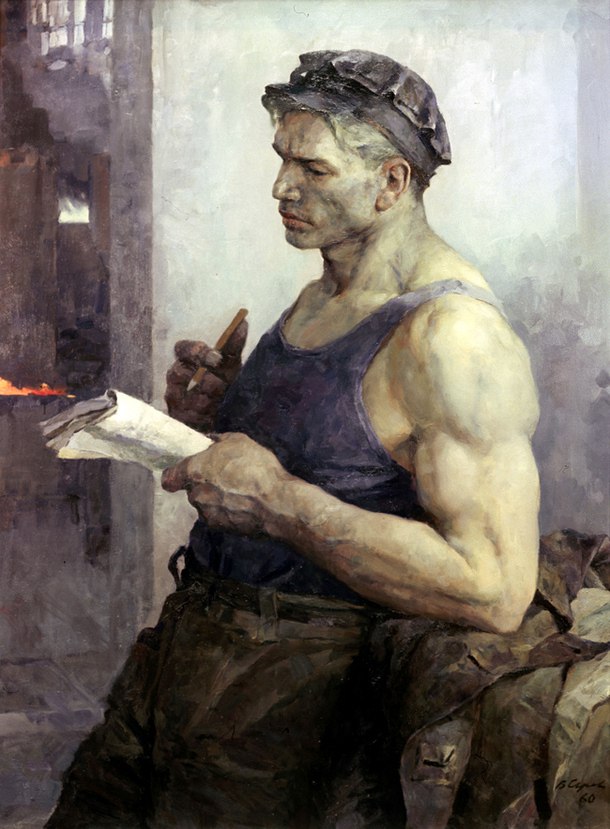The architect never believed in the fundamental design. That’s sobering.
While still flawed and ultimately pale in comparison to socialism, his economic vision was still light years better then the utter dystopian hell we have entered.
deleted by creator
Yeah, this is not definitely attributed to Keynes, and earlier verions of it by other people paint this in a slightly different way as a positive point, that even nasty people work for the benefit of all. Many versions have been attributed to Keynes, both as a positive and a negative for capitalism.
https://quoteinvestigator.com/2011/02/23/capitalism-motives/?amp=1
deleted by creator
Cry more
deleted by creator

Competition is key. If they work together, it’s to the detriment of all.
The problem of capitalism is that managing the competition becomes too complicated. Additionally, competition leads to price distortions. That can also become problematic.
The beauty of capitalism is that it rewards cooperation which makes it ugly because the lack thereof shows our deepest rifts.
This word salad may look good but tastes absolutely bland.
It don’t even look good. Competition by its very nature leds to concentration and eventually to monopoly/cartel.
Yes, that’s why it becomes complicated. Monopolies can be taxed to create space for competition but who prevents the authorities from being corrupted?
So better create something without competition. But humanity hasn’t settled on a system. Meanwhile, competition has to be managed.
This isn’t complicated this is one of the most simple and most visible mechanism in capitalism. Even Keynes seen that, just his answer was unfeasible for a prolonged periods.
The mechanism is simple. But how do you prevent the ones who regulate it from being corrupted?
I have to admit that I don’t know Keynes’ answer. If you don’t mind, could you give me some keywords for a search, please?
But how do you prevent the ones who regulate it from being corrupted?
By setting up a system that don’t promote corruption nor require it, unlike capitalism which do.
Keynes answer was to make state regulate the above features of capitalism, but Keynes either from ignorance (hard to believe) or rather from utter idealism, ignored Marx and Smith analysis and warnings and put the regulation of capitalism in the hands of capitalist state. In effect, he tasked regulating those nastiest of men from OP quote to the very same men.
Recommended read: Lenin’s “Imperialism, the highest stage of capitalism”
I really have to read it. But I don’t question that the state will be corrupted. My question is how that non-corruptive system can be created. That’s the tricky part.
humanity hasn’t settled on a system
If only someone would invent some kind of alternative to capitalism… maybe some German dude named Karl?
Hasn’t Marx only provided the analysis? The Sovjet Union would have survived if everything is settled.
I don’t know of many nations that would survive the unrelenting assault of a burgeoning superpower for 8 decades.
I like to think that the SU collapsed from a grain deficit. That’s primarily an internal problem.
But that’s a side-argument. Where can I find the blueprint for a working non-competitive organization?
folks, we have found the ultimate






